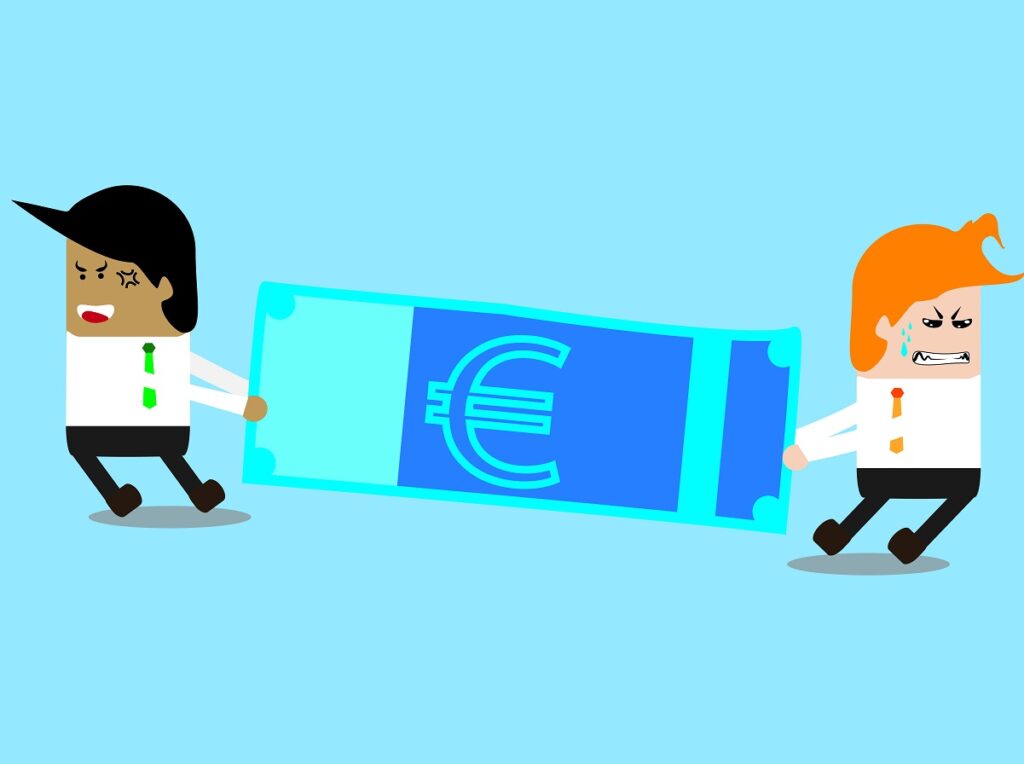The digital transformation of Europe—and, indeed, the world—has been a defining theme of the 21st century. As with all significant shifts, it has also come with its share of challenges, opportunities, and controversies.
One such controversy that has recently reemerged is the so-called “fair share” proposal for network traffic—championed most recently in a statement from the European Telecommunications Network Operators’ Association (ETNO)—under which the major tech platforms would be made to finance improvements to EU telecom networks. While ostensibly a call for regulatory change, the deeper one delves, the more evident it becomes that ETNO’s proposal is less about fairness and more a strategic play for legacy telecoms to tap into the vast revenues of major content producers.
Resurrecting Outdated Propositions
As we have argued elsewhere (here and here), one cannot ignore the uncanny resemblance between the “fair share” proposal and the old “sender pays” idea, which was a topic of hot debate within EU circles roughly a decade ago. Despite rigorous discussion at the time, the proposed “sender pays” model was eventually set aside, due primarily to concerns about its practicality and the potential for unintended market distortions.
Fast forward to the present, and the idea has been resurrected. But why? What has changed in the intervening decade that makes the proposal relevant again? Or is this merely a case of old wine in new bottles, with large incumbent telecom operators hoping for a different outcome this time around?
Special Pleading or True Necessity?
ETNO puts forward its plea for “fair and proportionate contribution[s]” from major tech companies—primarily those whose users generate vast amounts of traffic—under the guise of fairness. Our research, however, challenges this notion.
As part of its proposal, ETNO insinuates that there is a market failure that can only be corrected via direct payments from major content providers to telecom operators. But the Body of European Regulators for Electronic Communications (BEREC) maintains not only that such requirements are unjustified, but that they may be genuinely hazardous. Introducing such regulations, BEREC says, will likely stymie the organic market dynamics in play. According to BEREC, there is no evidence of free riding by content providers, while ETNO’s proposal would represent a threat to the entire internet ecosystem.
Indeed, it appears that the crux of the problem of how to finance the build-out of telecommunications infrastructure can be traced back to the EU’s implementation of net neutrality. Internet traffic is, after all, ultimately driven by consumer demand. Rather than address the origins of these distortions, the “fair share” proposal would double down on the problem in search of even more benefits that wouldn’t have been possible under purely market-driven conditions.
ETNO’s proposal would discriminate against specific firms in the online ecosystem—particularly the “larger” services—and thereby contravene the spirit of net neutrality. Net neutrality presupposed that internet service providers (ISPs) possess overwhelming bargaining power, while the “fair share” proposal instead paints them as defenseless against the giants of the tech industry. If the justification for net neutrality was that ISPs enjoy endemic market power, how can it be that intervention is now required on grounds that network operators suffer from an asymmetry of bargaining power vis-à-vis content providers?
The Illusion of Economic Benefit
The economic framework on which ETNO relies is flawed. ETNO submits that the “fair share” scheme would “include accountability and transparency on contributions received so that operators invest directly into Europe’s digital infrastructure.” But even that amounts to tech platforms covering the fixed business costs of telecom operators.
We have asserted and still maintain that the so-called fairness issues at play here cannot be addressed either by direct payments to telecoms or payments into an “EU/national digital contribution or fund.” Both of these approaches appear to be veiled attempts to boost the profit margins of legacy incumbents.
Conclusion
It’s important to remember that the digital landscape is always evolving. Impeding its growth with financial obligations, especially under the pretense of “market protection,” risks stifling the market’s inherent dynamism and competitive spirit. Regulations like ETNO’s “fair share” proposal threaten to disrupt the digital balance and the future prosperity of Europe’s digital realm.

